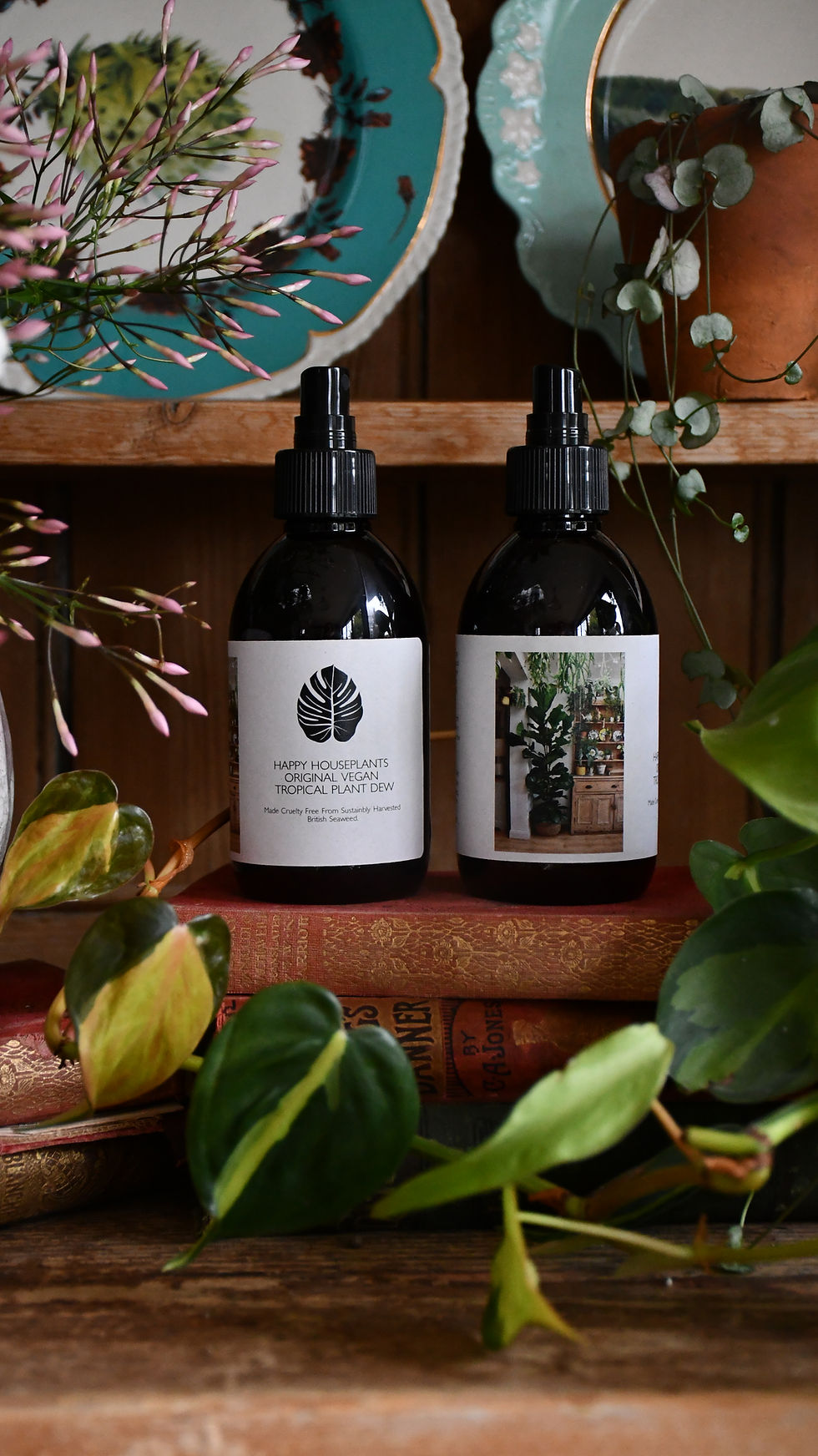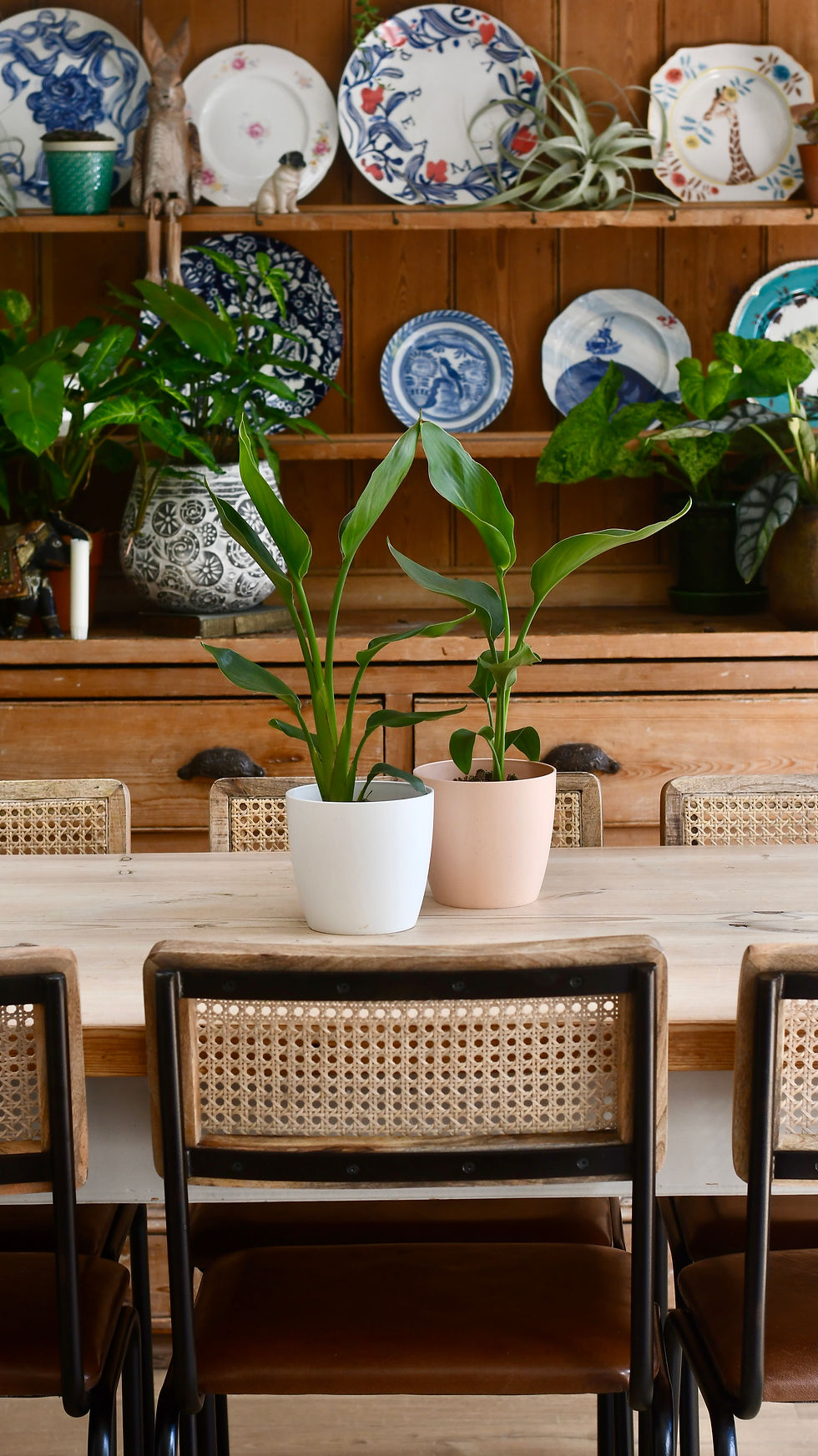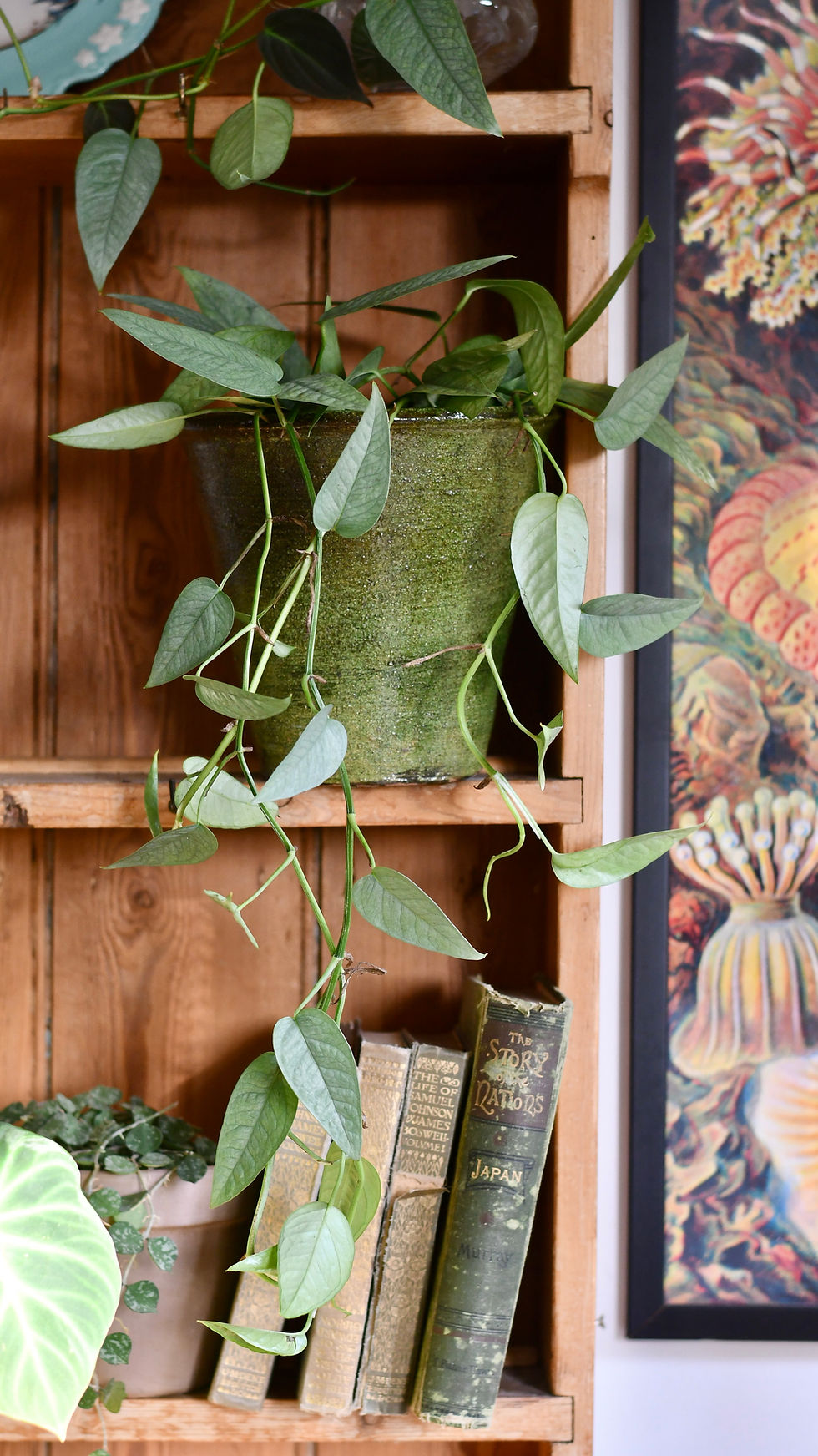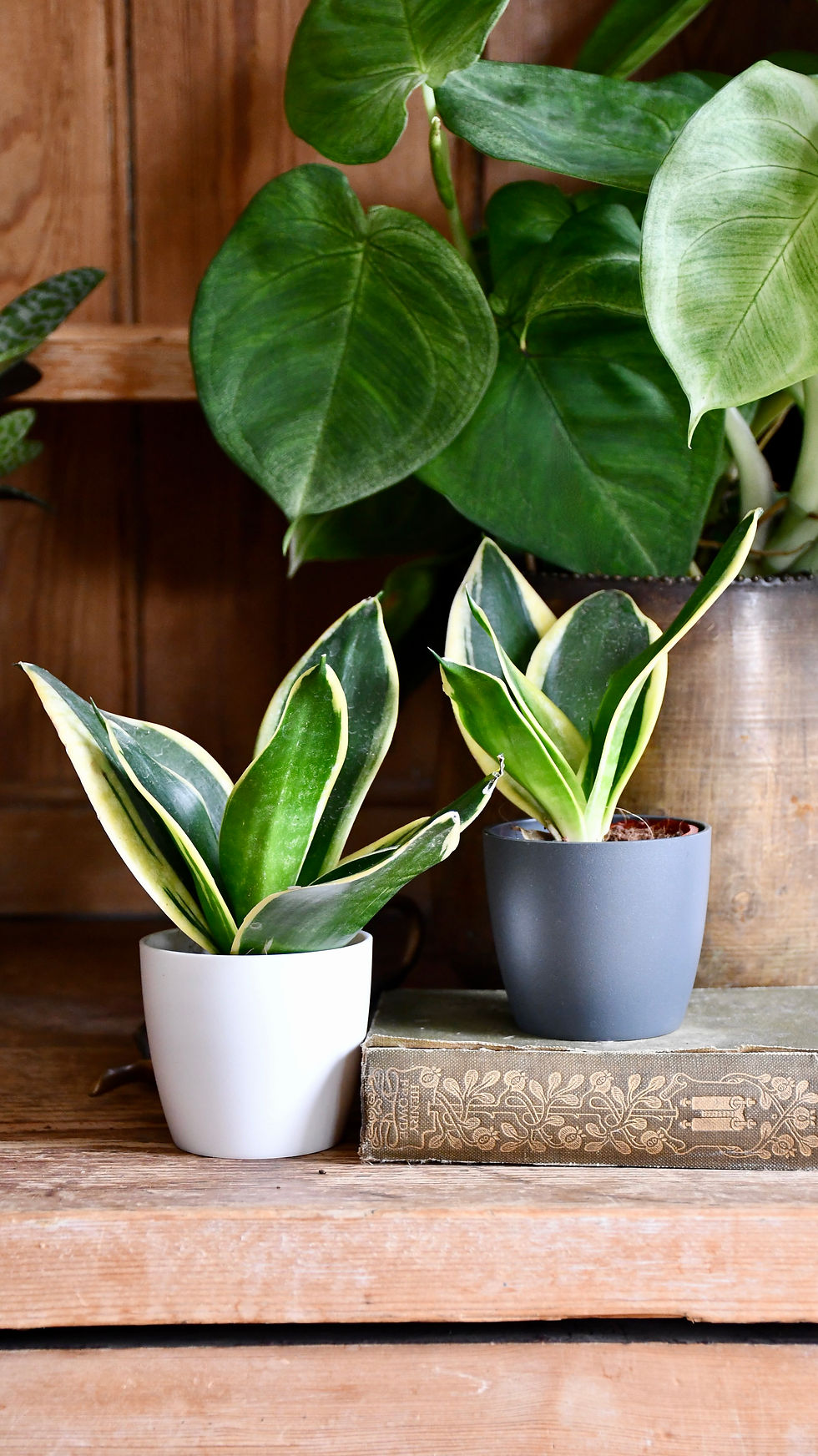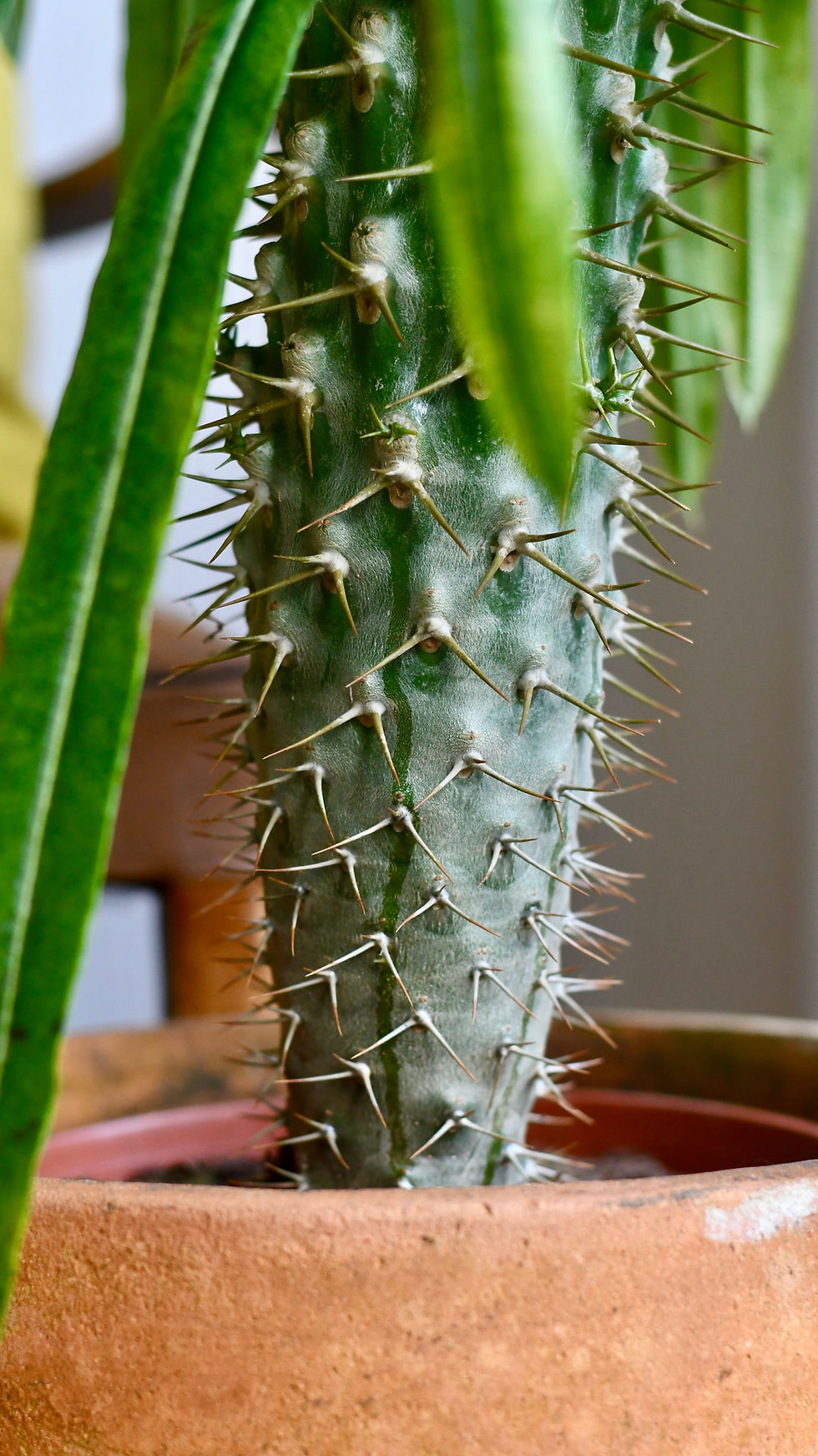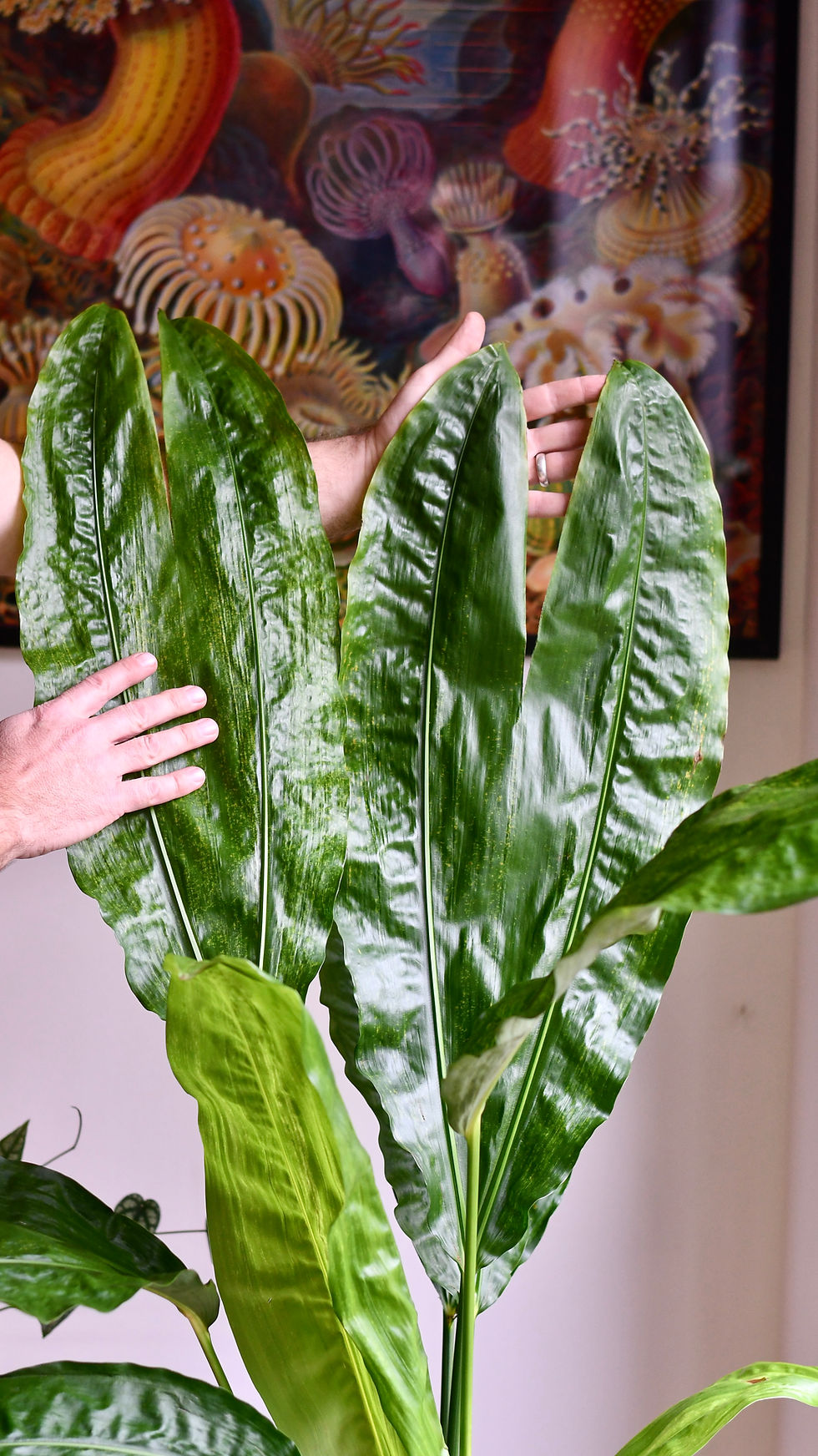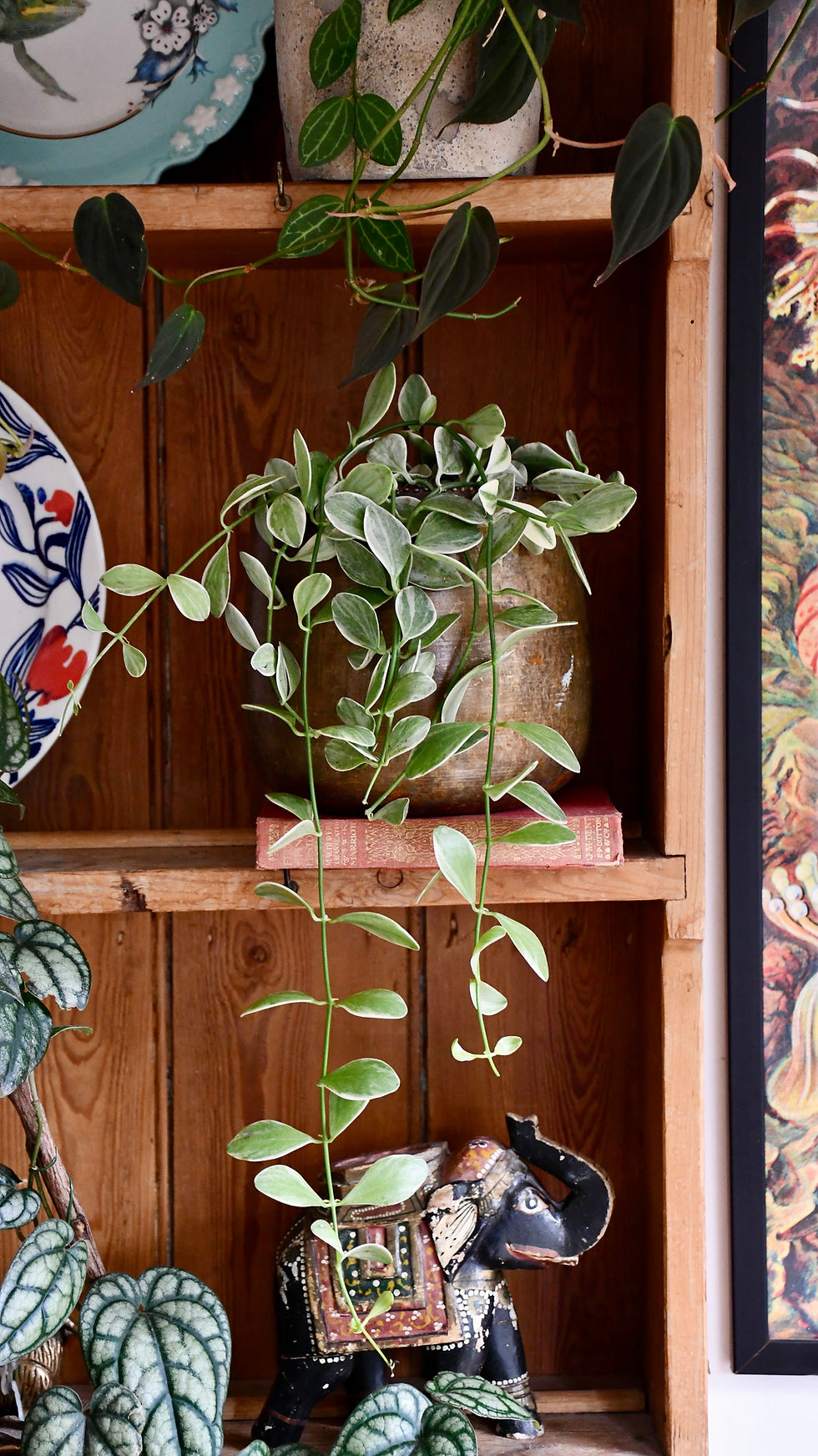We love the Calathea Roseopicta Angela! A perfect two-toned plant with light and dark green stripes and a beautiful purple frame. Calatheas are naturally found in tropical regions under the jungle canopy sop that enjoy lower light levels making them ideal houseplants.
This is an unusual variety of Calathea Roseopicta Angela produces medallion-like leaves with distinct light-green stripes down the centre and a pale green halo around the edges. This is a beautiful and hard to find varigation of a popular easy care housplant.
Easy care plant that enjoy indirect or low light levels. Water regaulary but always let the plant dry out before you water again.
Size
W12cm x H35cm
Calathea Roseopicta Angela Care
Although the care of houseplants can vary from species to species because they all come from different environments around the world there are a few basic rules to follow that will ensure you have the best chance of success keeping your plant healthy and happy in your home.
Light
Light is critical for any plant, most houseplants will thrive in indirect light through the whole day. In general plants that have variegated leaves or flowers will require more light than other plants. Cactus or succulents are typically the only plants that can tolerate direct light in the summer months. Move plants away from direct light in the summer to avoid burned leaves.
Temperature
Most houseplants you buy will thrive between 60-72 Fahrenheit, if your plant becomes too cold or too hot it will show signs of distress such as dropped leaves or wilting. Most modern homes will stay between these temperatures but if you go away remember to move your plants to a warm spot in winter or away from direct sunlight in summer.
Watering
Watering little and often through the growing season is ideal with less watering in the winter months when most plants become dormant and stop growing. The frequency of watering will vary depending on the size of your plant, the size of your planter, the location of your plant and the type of soil you use. Typically we recommend checking the soil carefully before you water, to ensure the soil has not become waterlogged, the soil should dry out completely between each watering. Overwatering is the number one killer of houseplants, if you overwater and your plant is dying, repot immediately.
Humidity
Almost all the houseplants you find for sale will naturally grow in the warm and humid tropics. Most modern centrally heated homes are dry in winter so almost all plants will benefit from regular misting or being placed on a tray of pebbles with a small amount of water that will naturally evaporate into the air. Plants also can also benefit from being placed and grown together to create a natural micro climate.
Feeding
Feeding your plants through the growing season can have real impact. Using a good quality feed like Happy Houseplantsown vegan plant food can boost your plants immune system and help it grow quickly.
When to Repot
Most plants will be very happy for 1 to 2 years in the pot they arrive in but depending on the growth of your plant, when it does require repotting a planter 2/3 inches bigger is usually enough. Most plants will respond well to repotting growing well after the roots have been disturbed allowing more room and oxygen into the soil. Use a general purpose potting soil (John Innes number 3) and ensure any planter you use has sufficient drainage which is critical.
Problems
All plants take time to recover being moved from grower to seller to their new home, some plants will look sad for a few weeks but this is normal and they will recover when they have adapted to their new home. Sometimes plants need a bit more care, be confident changing your routine or moving a plant to see if it will grow better in a new spot.
Long Stems or 'leggy' plants usually means your light levels are too low.
Brown & Black Leaves usually means too much light or feeding is excessive
Leaf Drop Some leaf drop is normal and to be expected, most plants will want to grow taller and will drop lower leaves naturally as they grow taller. Excessive leaf drop usually means you have overwatered. Repot with dry soil immediately and your plant may recover.
Wilting and Drooping Leaves means you have usually underwatered. Almost all plants will recover quickly if you soak and drain the soil.
Faded Variegation usually means the plant is not getting enough indirect light. try moving your plant to a different spot.
Calathea Roseopicta Angela
Bring living spaces to life with handcrafted plant pots and planters. Our artisans use ethically sourced materials and age-old techniques to create striking and tactile garden planters, made from antique brass, natural seagrass, and terracotta. Check out our Indoor Pots & Planter Range here. All our plants are supplied in a plastic nursery pot









